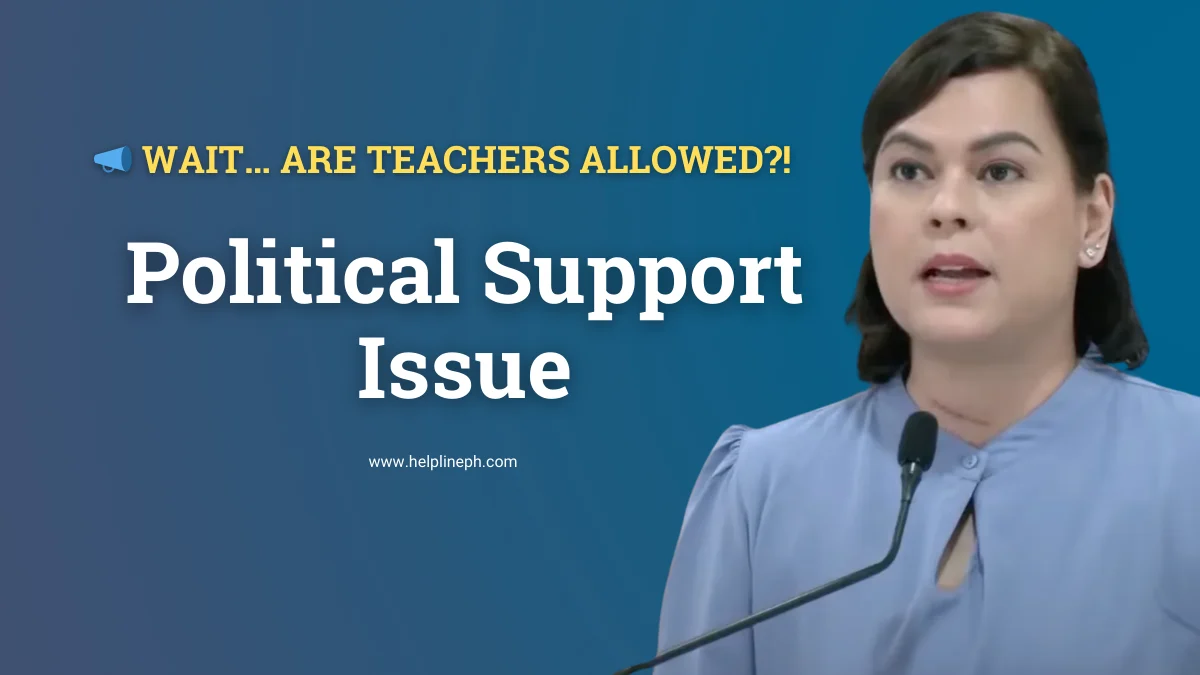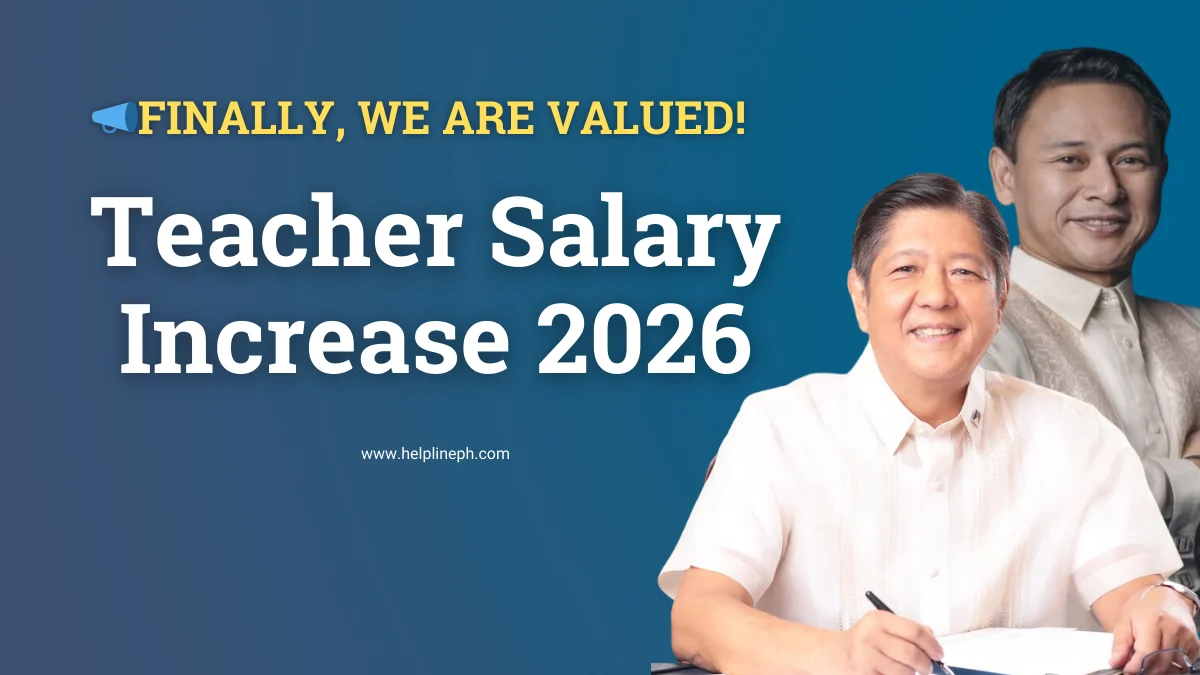Marcos wants June-March school calendar by 2025
Extreme heat caused by climate change has forced the government to speed up the return to the old school calendar. President Ferdinand Marcos Jr. has asked Vice President and Education Secretary Sara Duterte to create a plan for schools to go back to the June-March schedule by next year.
“There seems to be no need for us to wait anymore and it looks like we need it now,” President Marcos said in an interview. He mentioned that no one seems to object to this change, especially with the El Niño weather pattern making things worse.
The Department of Education (DepEd) had initially planned to return to the old June-March calendar in phases, ending in school year 2027-2028. This was to avoid shortening vacation days for students and teachers. However, due to the extreme heat, DepEd Assistant Secretary Francis Bringas told a Senate panel that they have proposed a quicker timeline to the president. They plan to end the school year 2024-2025 by March 31, 2025, which is two months earlier than scheduled.
If this new plan is approved, the total number of school days for the school year 2024-2025 will be 165 days. This is less than the 200-220 days required by law. To make up for lost time, classes may need to be held on weekends and holidays using an alternative delivery mode (ADM).
Due to the recent record-breaking temperatures, over 7,000 public schools have already suspended classes. They have returned to remote learning, similar to the setup during the COVID-19 pandemic. DepEd data from May 6 shows that 15% of schools have suspended face-to-face classes and are using ADM.
The Alliance of Concerned Teachers (ACT) has challenged President Marcos to ensure that schools have enough facilities and resources. ACT Chairperson Vladimer Quetua mentioned that overcrowded classrooms with poor ventilation make it hard for students to learn during the hot season.
Quetua said, “Changing the school calendar is not enough. We need to hire more teachers, build more classrooms, and ensure proper ventilation in all learning spaces.” He also highlighted the need to address the worsening climate crisis, which affects the entire country.
President Marcos stated in his second State of the Nation Address that one of the government’s priorities is to make schools climate-ready and disaster-proof. However, there has been no detailed plan announced yet for making school infrastructure climate-resilient.
Climate change, driven by emissions, is causing more frequent and severe weather events like heatwaves and droughts. A 2023 report by UNICEF East Asia and Pacific states that the Philippines is one of the most dangerous countries for children in terms of exposure to multiple types of climate and environmental hazards.
At least 96% of children in the Philippines face more than three different types of climate-related hazards in their lifetime. This is much higher than the global average of 73% and the regional average of 89%.
While DepEd has included climate change in the basic education curriculum, teachers struggle to help students understand these issues due to a lack of resources and training opportunities.






